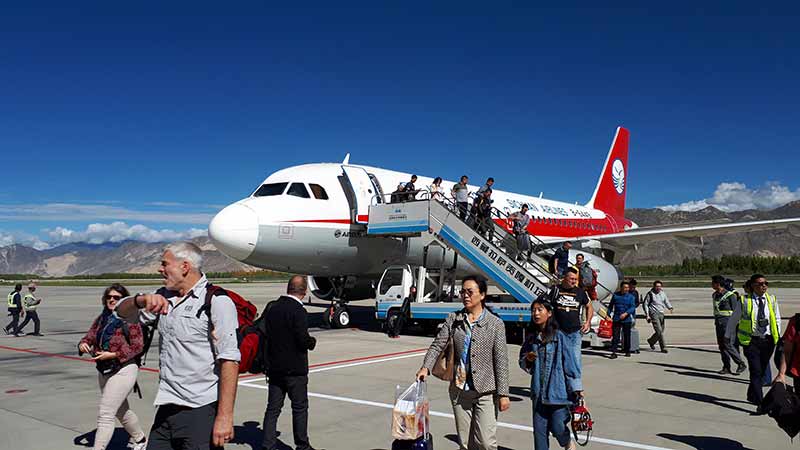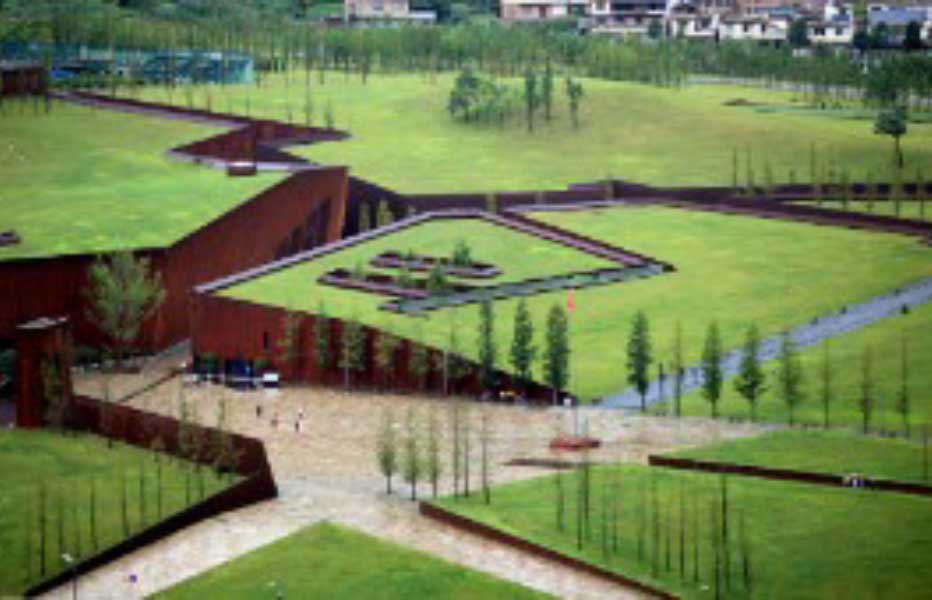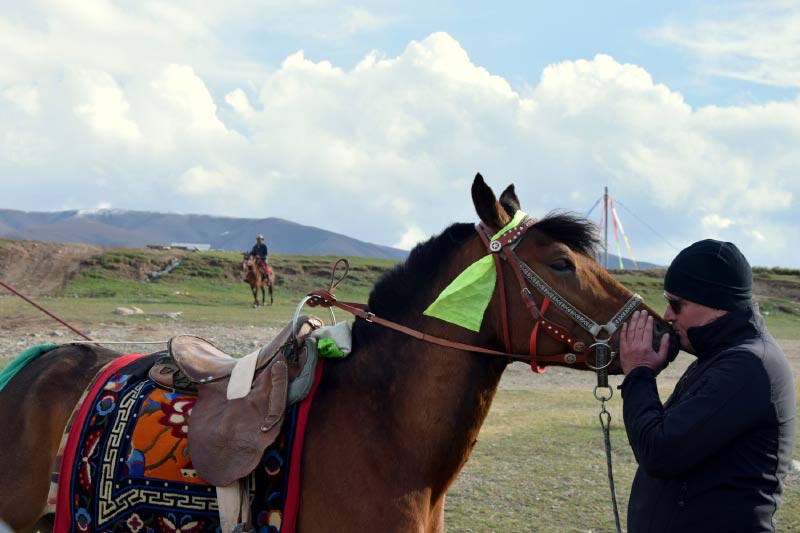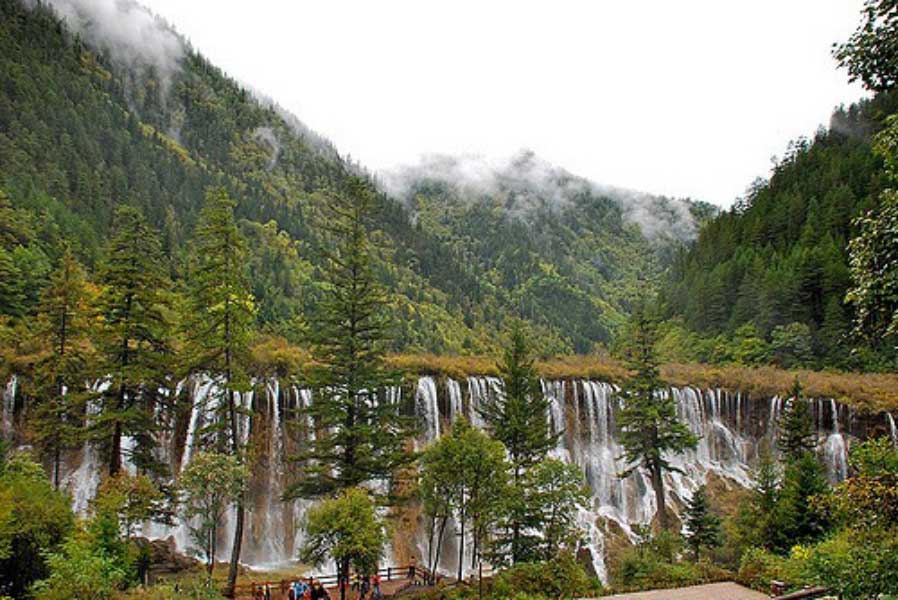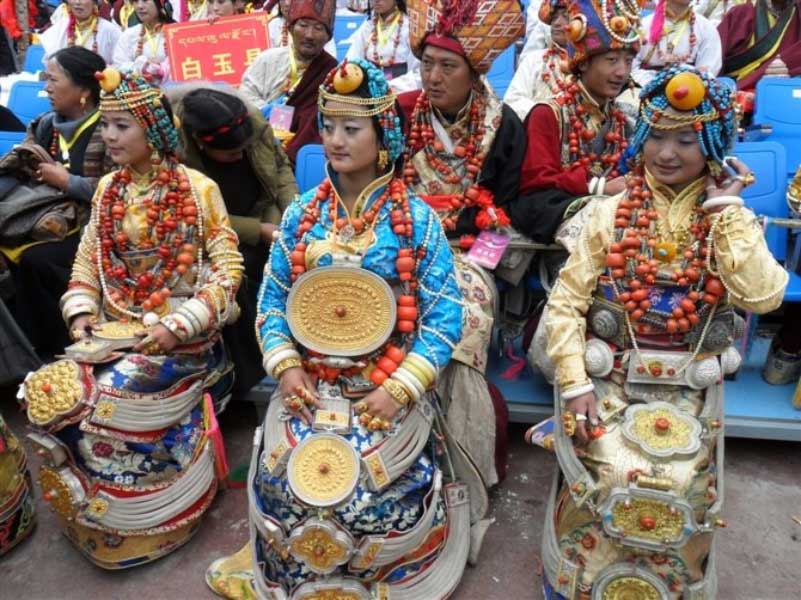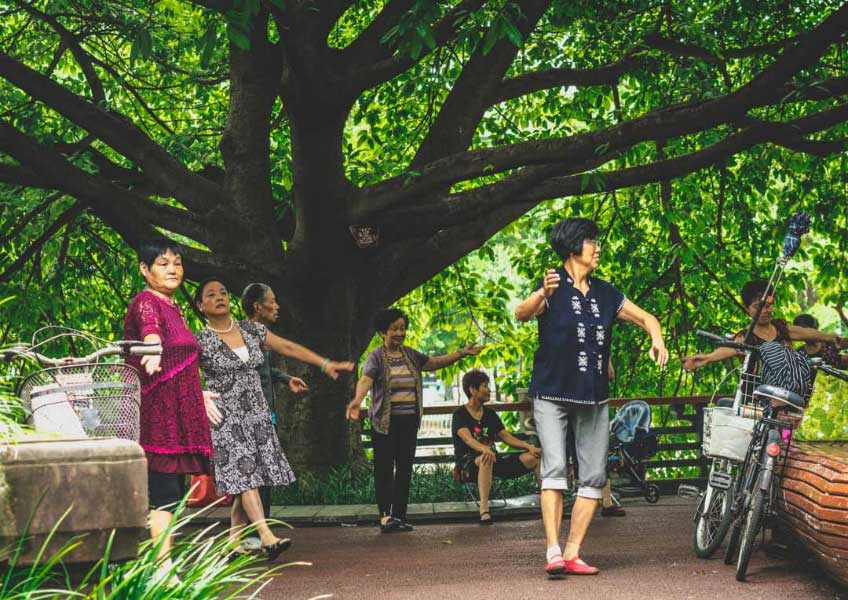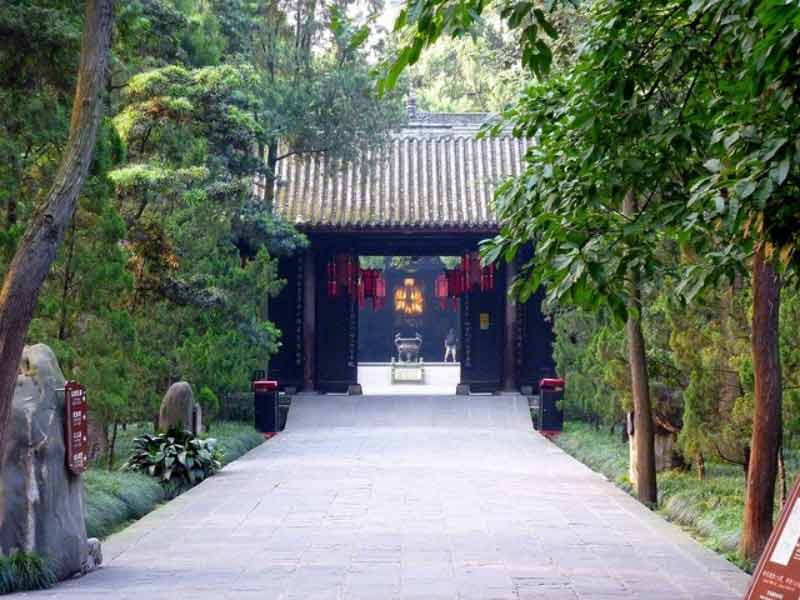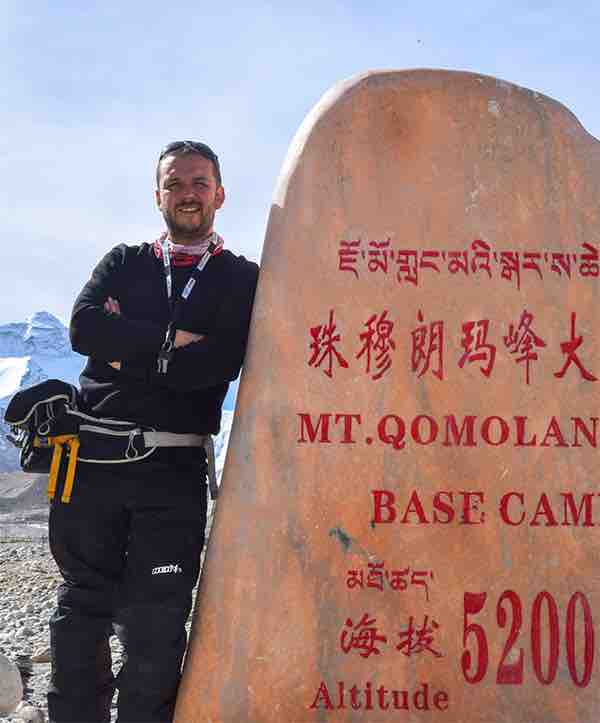On Request
On Request
8 days / 7 nights
Overnight stays in hotels and guest houses.
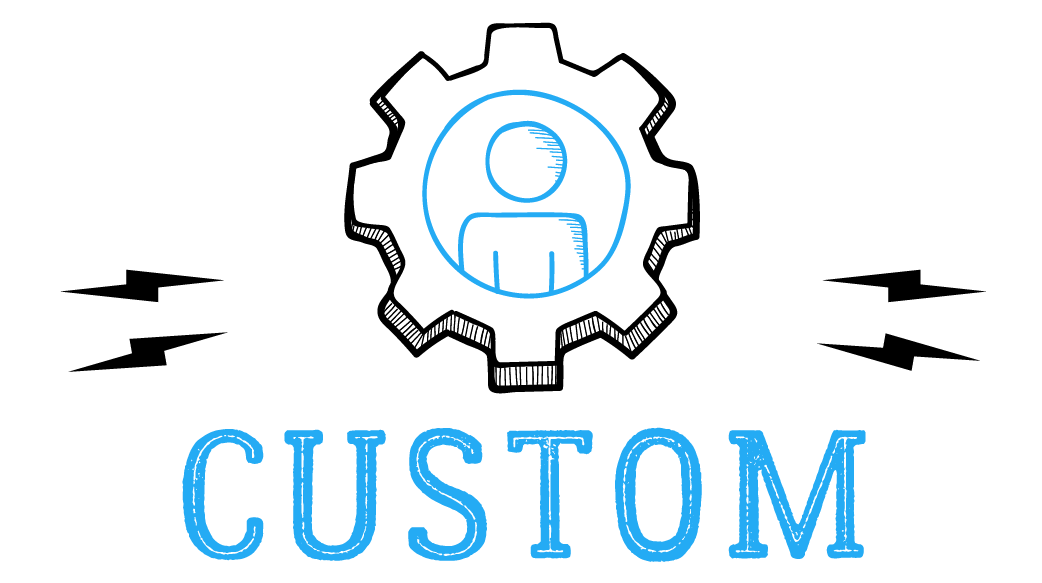
You want to change the tour a little bit?
No Problem!
5 Stars …
… simply a great tour.
Perfect
A great Organization by Tibetmoto. Worth it.
Highlights of Sichuan – Itinerary
Questions & Answers
All our itineraries give you a good overview what you will experience and discover when booking with tibetmoto. The itineraries are nevertheless best understood if they are seen as a suggestion rather than as a 100% planned and a thousand times done way of traveling. We like to keep every tour, every adventure, every trip unique and special. We are proud to say that we have never done a trip two times exactly the same way. Our team does not like to offer mainstream tourism tours, and we believe that people enjoy their time best when they have freedom and possibilities to choose from. Freedom and flexibility are very good ingredients to cook an exceptional discovery or adventure, to meet unusual people and visit off-the-beaten-track places.
After arriving at the camp ground we pitch up the tents, our team will set up the mobile kitchen, the electricity generator is being started and we can think of having a cold beer. All supplies and the luggage is carried by our supply truck. We do not have always pre-chosen camp grounds which are always frequented by us, since every expedition is different. Depending on the time in the afternoon we start looking for “the perfect spot”. Perfect spots have a water source such as a river or a lake and a flat piece of land for the tents. Some spots we use more frequently since they are so perfect that the location is hard to beat. Camping together with nomads offers an opportunity to experience their way of live, culture and habits. Sitting in the evening together in a nomad tent somewhere on the Tibetan grassland and listening to Tibetan nomads` songs is a truly genuine experience.
Dinner is being served in a large dining tent where we have tables and chairs to comfortably sit together, eat and drink. The separate, smaller, sleeping tents are designed to accommodate each two people, but if you choose the “single room” option (you will find that option below each expedition itinerary) you will have your own tent. Our tents are army tents where you can almost stand upright. The sleeping “hard wear” is a foldable army field bed, which puts your body about knee height away from the ground. We provide you with the entire hard wear, plus blankets and insulation mats. The only item you should bring along is your personal sleeping bag. If you don´t want to bring your sleeping bag all the way to China we can provide you with a new sleeping bag for a reasonable price.
The hotels in which you stay have a decent, but typical three to four star standard. All rooms have a private bathroom, with the exception of the Rongbuk Monastery.
Vaccinations are not required for the Tibet Motorcycle Tour.
Oxygen:
Starting from Lhasa we will provide medical oxygen. This can support a person with oxygen for up to 24 hours. Before starting the Tibet Motorcycle Tour, you should also contact a doctor who will prescribe a Diamox. Diamox is a drug that can be taken prophylactically against altitude problems. As a result, groups that take Diamox hardly or not at all experience altitude-related symptoms. For a smooth running of the Tibet Motorcycle Tour, the personal health and well-being of each participant is important. We therefore strongly recommend that you consider taking Diamox.
You will need your passport, a pass picture, national driving license, international driving license and flight ticket. Please be sure to make photocopies of all of your important travel documents and carry them separately. They can be invaluable in an emergency.
We also need a scan of the Chinese visa six weeks before the tour starts.
All scanned documents should be sent to us on an A4 sheet of original size
A home stay is an opportunity to get access into another culture by joining the host family for dinner and breakfast and sleep under their roof, as their guest. Most families live together in a several generation house, from children to old grandparents. A lot of home stays are semi-farms with at least a few cattle such as chicken and cows around the house. Often are fields attached where family member go to work after breakfast. Here, local family and work life can be experienced as it is instead of “only” observing it from the outside.
We believe that joining a home stay is on of the best ways to get in touch which what surrounds you in a foreign country.
For the Tibet and China motorcycle tour you need a valid national and international driver’s license.
In China, the currency is the CNY (Chinese Renminbi). The exchange rate is around 1€ to 7.56 CNY (as of 05/2020). The CNY is not a freely convertible currency, so you cannot get it at every bank in Europe. The exchange rate, which is determined by the Bank of China, can be observed under the following link: http://www.boc.cn/sourcedb/whpj/enindex.html
However, we recommend withdrawing a larger amount of CNY from an ATM with all major credit cards or debit cards after arriving in China. Our on-site tour guide is happy to help. Due to the often very poor exchange rate for the CNY in Europe, it is not worthwhile to exchange significant amounts of CNY in Europe. There are also many ATMs in Lhasa where you can withdraw money. Our experience shows that the majority of our participants spend around 20€ a day.
The luggage will be transported in the support vehicle. Don’t forget that on domestic flights, the pastries usually cannot exceed 20 kg!
For a motorcycle tour you should bring motorcycle clothing including a helmet. Of course you also should pack warm clothing (as layers or as undersuit). It can get cold! You should also bring gloves and a rain suit.
The roads on the motorcycle tour are mostly paved (with a few exceptions). Due to the new asphalting of road sections, it can temporarily lead to a poor condition of the road. The paved roads are mostly in good condition. However, there may be isolated potholes or gravel lying on the ground. The route on the motorcycle tour also includes sections with new asphalt, on which you can enjoy European standards or even better. These routes are wonderful to ride! Due to moisture and the difficult to see oil or diesel traces, however, extreme caution is always required!
Deposit for a rental motorcycle (partial cover):
The following cash deposits are required:
Shineray X5 400: EUR 500
BMW G 310 GS: EUR 1,000
BMW F 800 GS: EUR 1,500
If the participant/motorcyclist causes damage during the Tibet motorcycle tour, the deposit is the maximum amount.
Entry/Visa:
All participants in the Tibet and China motorcycle tours require a visa to enter China. The passport must be valid for another six months. You have to apply for the visa yourself at a service center, the Chinese embassy or on behalf of an agency. Due to frequent changes in the application procedure, we recommend that you use an agency. This is slightly more expensive than filing your own application, but it saves you a lot of work and time.
We will apply for all of the necessary Tibet permits for the motorcycle tour.

